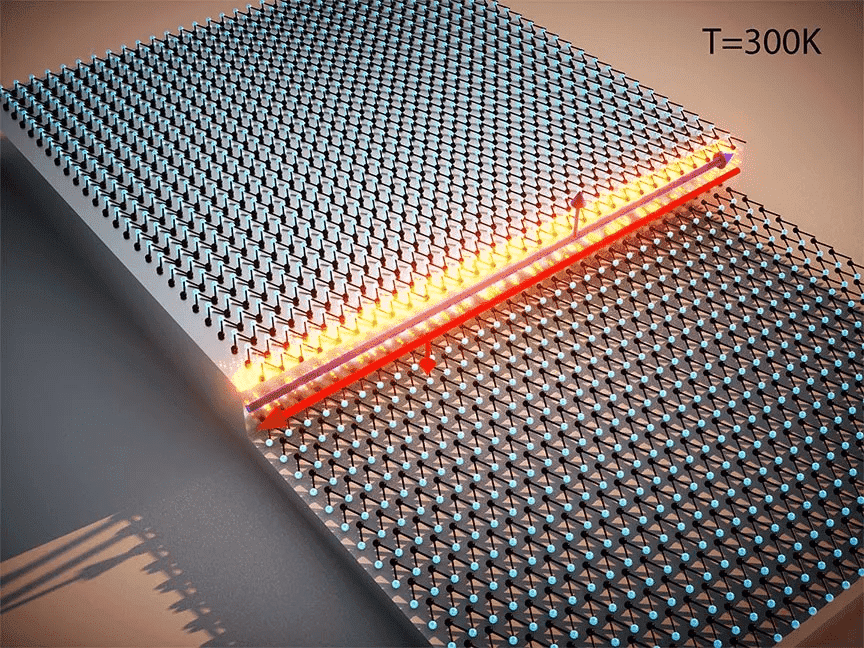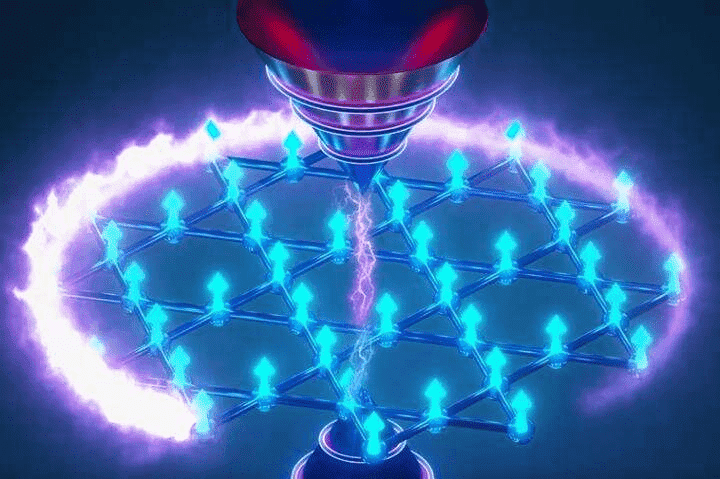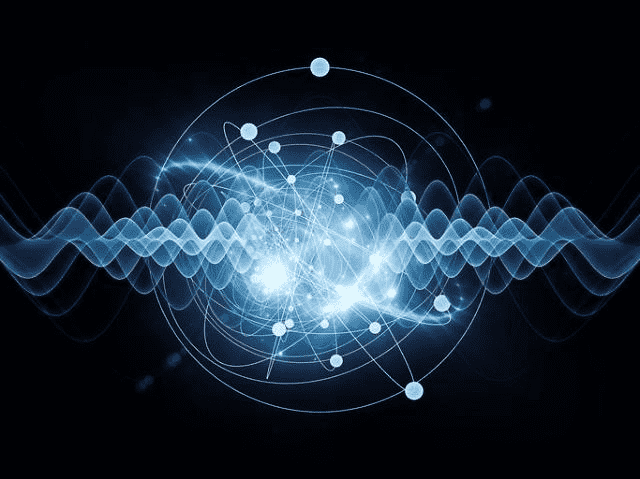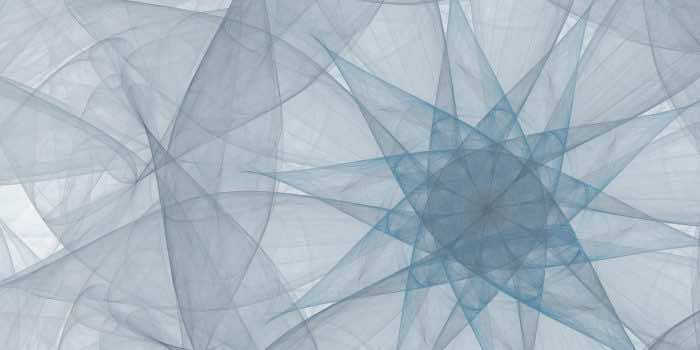Princeton researchers discovered that a topological insulator, formed of the elements bismuth and bromine, shows specialized quantum behaviors that are generally only detected under extreme experimental settings such as high pressures and temperatures approaching absolute zero.
This discovery offers new prospects for developing efficient quantum technologies, such as spin-based electronics, which have the potential to exceed many present electronic systems in terms of energy efficiency.
Topological insulators are the fundamental device element used to investigate the secrets of quantum topology. The interior of this device functions as an insulator, stopping electrons from freely traveling around and conducting electricity.

On the other hand, the device’s edges have free-moving electrons, indicating that they are conductive. Furthermore, due to the unique properties of topology, electrons traveling along the edges are not affected by any faults or deformations.
“Until now, however, there has been a major stumbling block in the quest to use the materials and devices for applications in functional devices. There is a lot of interest in topological materials, and people often talk about their great potential for practical applications. Still, these applications will likely remain unrealized until some macroscopic quantum topological effect can manifest at room temperature,” said M. Zahid Hasan, the Eugene Higgins Professor of Physics at Princeton University, who led the research.
This is related to a phenomenon known as “thermal noise,” which is a spike in temperature that causes the atoms to vibrate wildly. This can collapse the quantum state by upsetting delicate quantum systems.
This can be prevented by subjecting such tests to low temperatures, often at or near absolute zero. At very low temperatures, atomic and subatomic particles stop vibrating, making them easier to control. Unfortunately, building and maintaining an ultra-cold environment is not practicable for many applications.

Scientists in this area have devised a novel solution to this challenge. They made a new topological insulator out of bismuth bromide (chemical formula -Bi4Br4). It is an inorganic crystalline compound sometimes used for water treatment and chemical analyses.
Hasan and his colleagues looked at the bismuth bromide family of chemicals. They discovered that the bismuth bromide insulator has properties that make it more appealing than prior topological insulators (Bi-Sb alloys) based on bismuth-antimony.
It has a significant insulating gap of more than 200 meV (“milli electron volts”). This is large enough to overcome thermal noise while small enough not to interfere with the spin-orbit coupling effect and band inversion topology.
“In this case, in our experiments, we found a balance between spin-orbit coupling effects and large band gap width. We found a ‘sweet spot’ where you can have a relatively large spin-orbit coupling to create a topological twist and raise the band gap without destroying it. It’s like a balance point for the bismuth-based materials we have been studying for a long time,” Hasan said.

The researchers validated their discovery by witnessing a quantum spin hall edge state, a characteristic peculiar to these topological systems. According to the researchers, this finding will be important in furthering quantum technologies such as spintronics, an emerging discipline that stores data in electron spins at a higher efficiency than existing electronics.
“This is just terrific that we found them without giant pressure or an ultra-high magnetic field, thus making the materials more accessible for developing next-generation quantum technology,” said Nana Shumiya, co-first author of the study. “I believe our discovery will significantly advance the quantum frontier.”
The study was published in the journal Nature Materials.
Source: Princeton University


